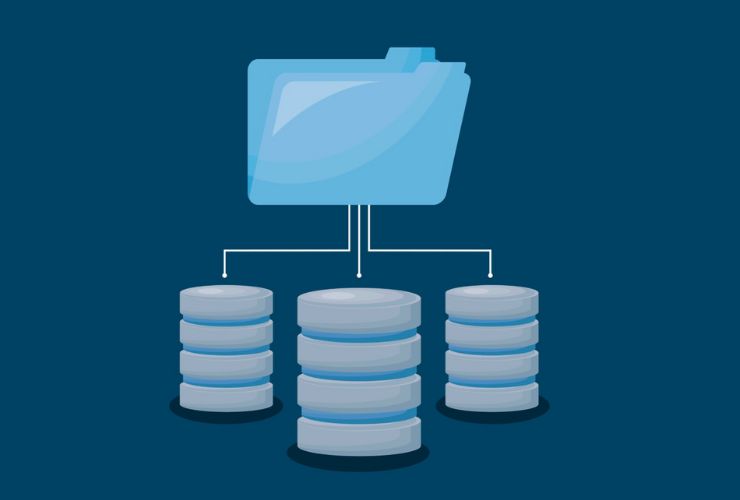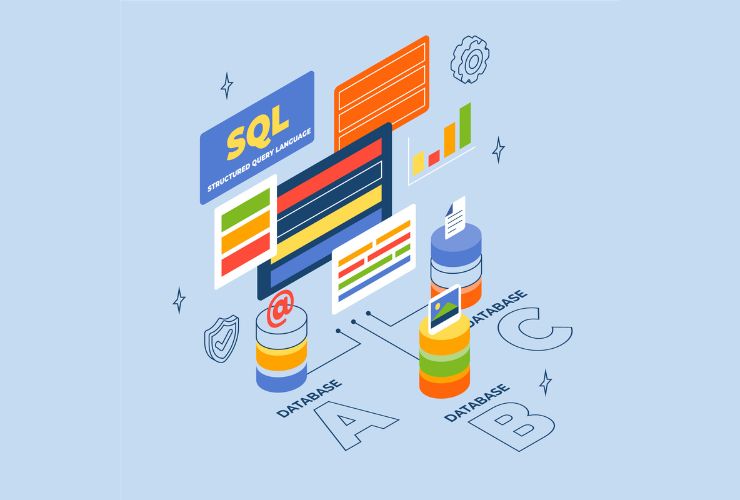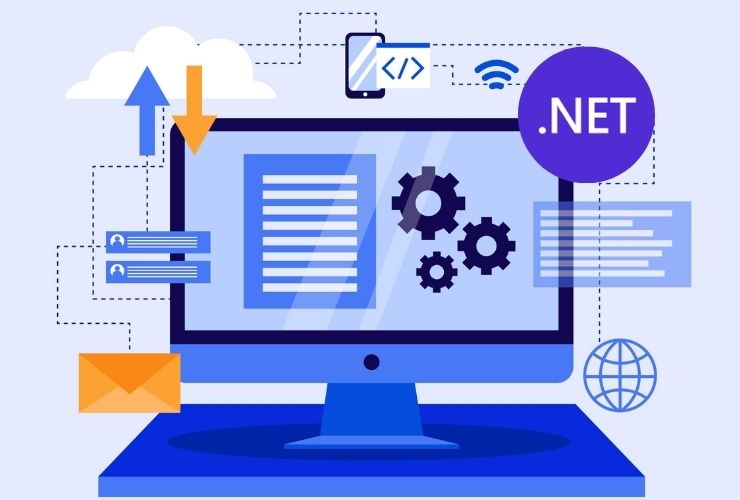When it comes to building fast, reliable websites, PHP is a go-to choice for developers. But creating a high-performance PHP site isn’t just about writing code that works—it’s about writing code that’s efficient, fast, and scalable. Here are some best practices to help you get the most out of PHP and ensure your website runs smoothly and quickly.
1. Write Clean and Organized Code
A key to building efficient websites is keeping your code clean and easy to maintain. Use clear naming conventions, avoid overly complex code structures, and add comments where needed. This makes your code more understandable for you and any other developers who may work on it in the future.
Following popular frameworks like Laravel, Symfony, or CodeIgniter helps enforce good practices and keeps your project organized.
2. Use PHP Caching
Caching is essential for speeding up your website. PHP offers several caching options, such as Opcode Cache, which is built into PHP 7. It stores precompiled script bytecode in memory so the server doesn’t need to recompile the code for each request, significantly reducing load times.
You can also use external tools like Memcached or Redis to store frequently accessed data in memory, which further boosts performance.
3. Leverage Built-in PHP Functions
PHP comes with a variety of built-in functions that are often faster and more efficient than custom ones. Before writing your own, check to see if there’s already a function that does what you need. For example, instead of manually processing an array, use functions like array_filter(), array_map(), or array_reduce() to save time and optimize performance.
4. Optimize Your Database Queries
Slow database queries can drag down your website’s performance. To avoid this, index important columns, reduce unnecessary joins, and steer clear of using SELECT *. Always write queries that retrieve only the data you need.
Using prepared statements can help protect against SQL injection attacks while also optimizing performance, especially when handling large amounts of data. Consider using an ORM like Eloquent or Doctrine for more complex queries.
5. Enable GZIP Compression
Turning on GZIP compression on your server reduces the size of files like HTML, CSS, and JavaScript, helping them load faster. PHP lets you enable GZIP compression using ob_start('ob_gzhandler'), compressing your content before sending it to the browser.
This small step can make a noticeable difference in your website’s speed, especially for users with slower internet connections.
6. Minify and Combine Your CSS and JavaScript Files
Reduce the number of HTTP requests by combining multiple CSS and JavaScript files into one, and minify them by removing unnecessary characters like whitespace and comments. This reduces the file size and load time, leading to faster page speed.
7. Use a Content Delivery Network (CDN)
A CDN distributes your content across multiple servers worldwide, ensuring users download files from a server closest to them, reducing latency and improving speed. PHP developers can use CDNs to host static files like images, CSS, and JavaScript, giving your website a global performance boost.
8. Secure Your PHP Code
Security is as important to performance as speed. Unsecure code can leave your site vulnerable to attacks, which can slow down or even bring it offline. Always sanitize user input, use prepared statements for SQL queries, and disable error reporting in production environments to avoid exposing sensitive information.
By following these security practices, you not only protect your site but also ensure it runs smoothly without disruptions.
9. Use Sessions Wisely
PHP sessions store data between requests, but storing too much information in sessions can slow down performance. Only store what’s necessary and regularly clean up old sessions. For large websites, consider using database or file-based session storage to handle high traffic more efficiently.
10. Use Autoloading for Classes
Instead of manually including files with require or include, use autoloading tools like Composer’s autoloader to automatically load only the classes you need. This reduces unnecessary file loading and speeds up your site, especially in larger applications.
Conclusion
Following these best practices will significantly improve the performance of your PHP website. By keeping your code clean, optimizing database queries, leveraging caching, and ensuring strong security, you’ll create a fast and reliable site. High-performance websites not only deliver a better user experience but also rank higher on search engines, helping you attract more visitors and grow your business.
Contact Us Today













 Database Development
Database Development












































